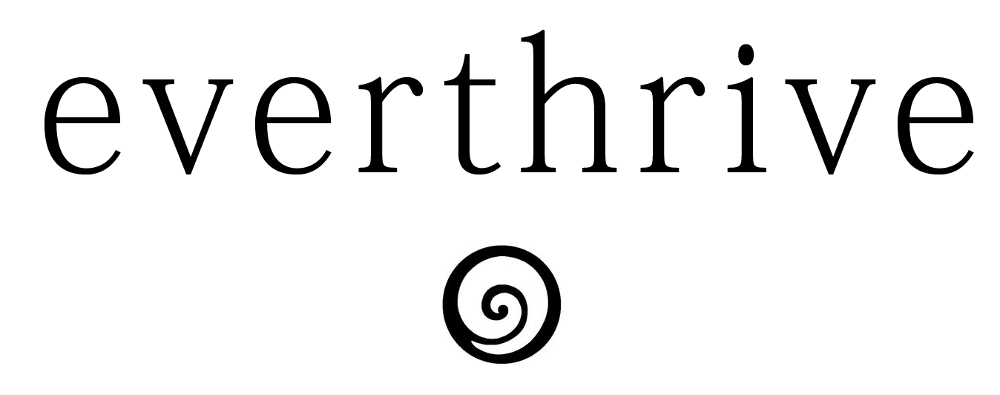Find Yourself Lost
Gone are the days where we stubbornly refused for directions; gone is the anxiety caused by a missed highway exit. Lonely gas station attendants everywhere wait in vain to assist wayward travelers. People are rarely late due to "getting lost," since personal GPS devices are ubiquitous and necessary aspects of modern society.
Gone is the necessity of finding our own way.
Since the advent of our awareness, our parents have painstakingly referenced complex atlases, gifting them to us for our birthdays, claiming "printed maps are the only true method" and warning us not to trust the Garmin. No one will forget how Dwight and Michael from "The Office" steered right into a lake because the GPS told them to. In this clip, Dwight and Michael show how "computers are trying to murder you." Of course, it's not as grave as that, but there is something to be said concerning the benefits to finding our own way.
When we create routes and remember them, we are exercising an important cognitive function of our developing brains: the creation of mental maps. These maps tell us where things are in relation to each other and help us to orient ourselves. When GPS takes over, we stop piecing mental pictures together of where we've been, put less work into our maps, and we lose the innate ability to find our way. As soon as we take out our devices, we rob ourselves of an important mental task. Instead of allowing our minds to discover, we turn to our screens, blindly following the green path towards our destination.
Studies show that people who consistently rely on GPS tend to have less gray matter in the part of the brain in charge of interpreting spacial information: the hippocampus. A small, weak hippocampus may indicate a greater risk for developing dementia, schizophrenia, and PTSD. In order to ensure the health of our minds, we should use our orienting faculties to the fullest potential. We can protect ourselves from mental decline by trying to be more reliant on our instinctual faculties for map making, and to be less ignorant of our surroundings.
Of course, it is impossible to be aware of everything that surrounds us, but it is important to remember landmarks, street names, unique aspects of our environments that, when contemplated, may help us become more thoughtful, interesting people. When we rely solely on devices, we lose the "chance to have a greater awareness of [our] environment,” according to John Huth, author of The Lost Art of Finding our Way, “It’s almost like depriving yourself of music, or a conversation with another person. There’s a richness that you’re missing out on.”
Whether it's to defer mental decline or to enhance our lives, we should make an effort to be less reliant on technology to orient ourselves in the world. Let's try going somewhere without our phones. Explore a different neighborhood, and rely on street signs and landmarks. Commute to work with our phones in the backseat, signal off, and see what happens. For the extremists out there, take a trip to the back-country, and rely on those archaic paper maps, as well as those age-old orientation devices: the sun, moon and stars. In this way, we give ourselves an opportunity to exercise, strengthen, and grow. By practicing the lost art of self-orientation, we can enhance our minds and expand our souls.

